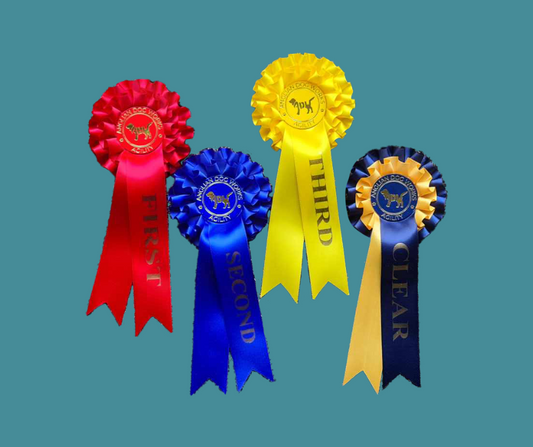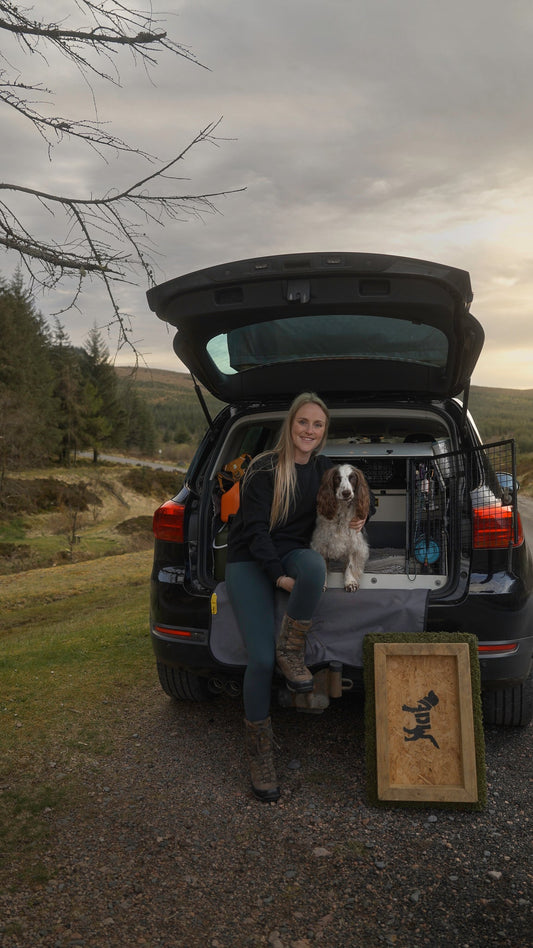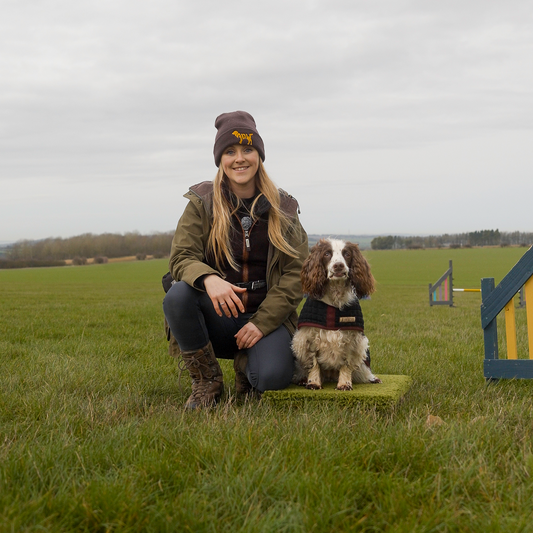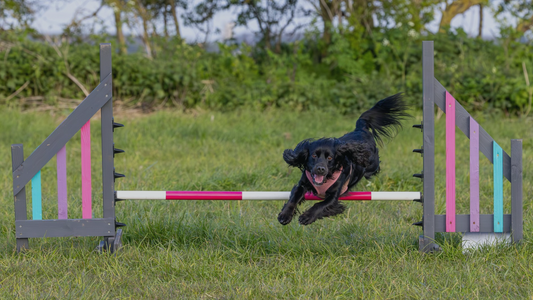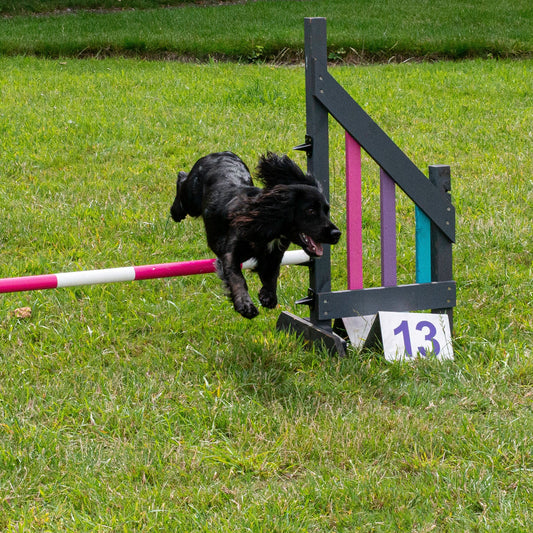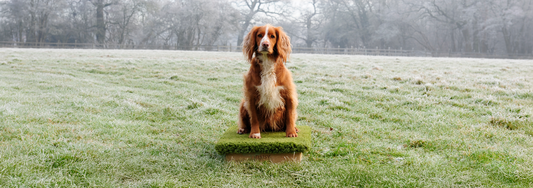Biting is a natural behaviour. When puppies bite it generally has one of two functions:
Teething: at 12-16 weeks your puppies adult teeth start to come through, pushing baby teeth out. By 6 months+ all adult teeth are usually in place.
Mouthing: to explore the world, this is usually outgrown by 8 months old.
However, if you think what your dog is doing isn’t a usual puppy or adolescent behaviour, visit a vet to rule out pain, including gut discomfort.
Look around at the room you are currently in and consider how many objects there are the puppy could bite? Dogs learn what is allowed to bite through trial and error. There are things we can do to help our puppies transition and learn appropriate mouth manners quickly.
- Do provide chew toys to teething puppies to relieve the pain. Something like K9 Connectables are useful to stuff with food and freeze and provide mental stimulation and entertainment whilst soothing their gums!

- Don't: leave the puppy unsupervised where they can bite something they're not meant to. We don't want unwanted biting to become a rehearsed pattern as that will be a harder behaviour to stop.
- Do: use an enriched pen or crate for when the puppy is unsupervised or when you and the dog are having some downtime.
- Do: redirect unwanted biting onto an appropriate outlet such as a olive wood chew available at Saffron Pawtique.

- Do: Be patient, this may mean you have to get up and redirect your puppy several times an hour
- Do: move away if the unwanted biting is on you to prevent the biting from self-rewarding with your attention.
- Don't: feel burnt out, if you need to use the enriched puppy den for a completely appropriate timeout, especially considering a young puppy can need up to 16 hours sleep a day (reference)
- Do: teach them what you want instead, such as 'leave it'. To train alternative behaviours yourself.
Audible does a free 1-month trial where you can listen to Steve Mann's book Peasy Puppy Squeezy at no cost which covers some great ideas.
Otherwise, seek a qualified trainer who can guide you through some useful exercises; if you're not local to Anglian Dog Works, you can find a trainer in your area by going to the IMDT website: https://www.imdt.uk.com/find-a-qualified-imdt-trainer
This post gives you a few general ideas, but for individual advice or other enquiries please click here to get in contact


